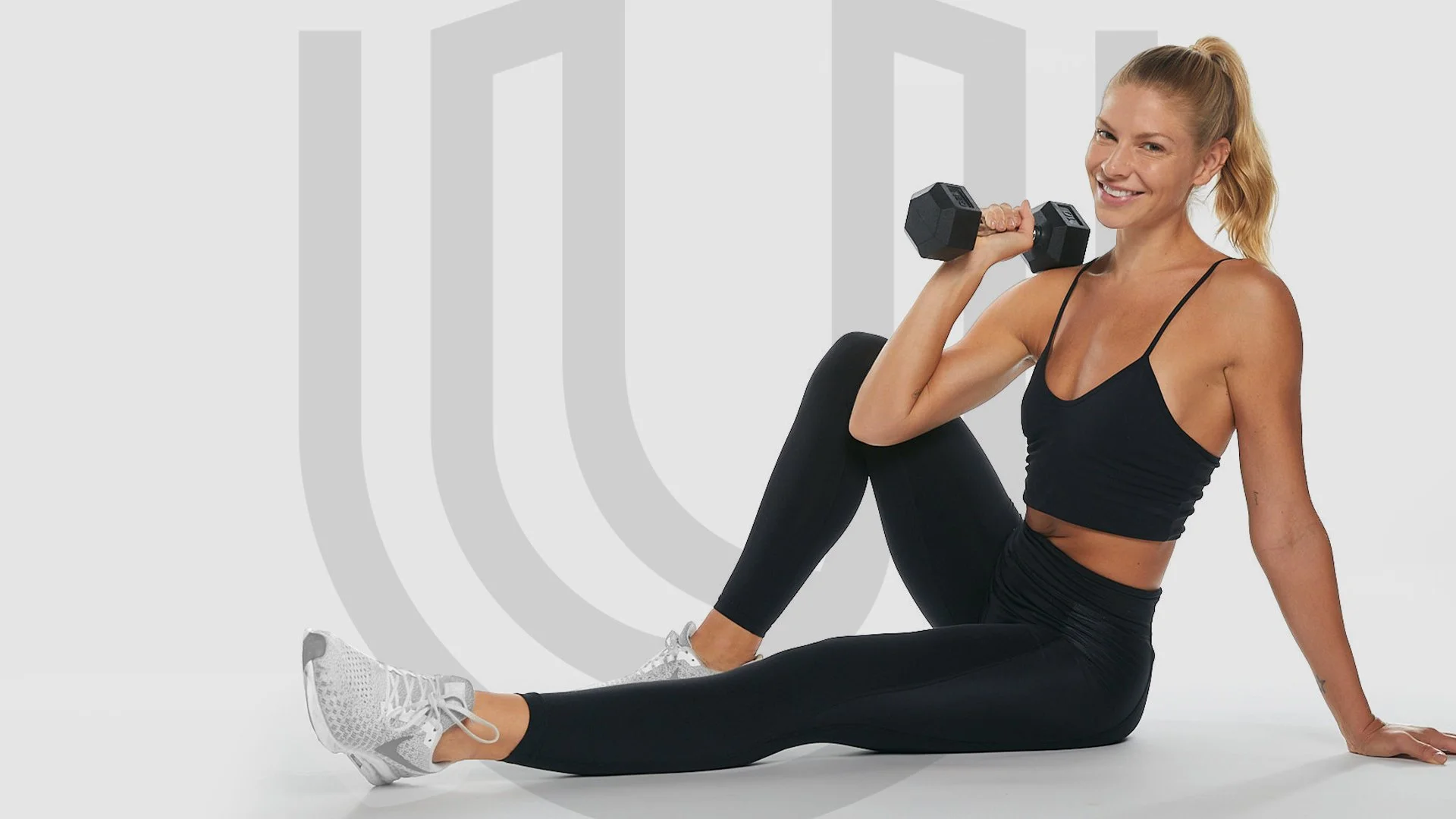Morning vs Evening Workouts: Which is better?
Between work, errands, families, social life, and hopefully rest, it can be difficult to find time to work out consistently. When working out is the last thing on your list, is it better to get it out of the way first thing in the morning, or wait and add on 30-60 minutes to the end of your day? Of course, it depends.
Let’s get this out of the way to start: Whenever you can work out, is the best time. If you know your evenings tend to get packed, maybe aim to get it done earlier in the day. For natural early birds, a morning workout is as much of a wake-up tool as a cup of coffee. For the evening exercisers, it can help clear their minds and wash away the day’s stresses. Both of these are great, but it’s not always as simple as these two instances.
Incorporating exercise into your morning routine has proven to have a lot of benefits. Working out in the morning reduces the risk of other duties piling up throughout the day, causing you to skip your session, and overall creating more consistency in your fitness routine. It has also been shown to improve your sleep cycle by shifting your circadian rhythm to increase your alertness in the morning and have an easier time falling asleep at night, which allows for better muscle growth and recovery. Another study done by Paolo Sassone-Corsi, director of the Center for Epigenetics and Metabolism at the University of California at Irvine, showed that our circadian cycles impact our metabolism and that working out earlier in the day will boost your metabolism and break down sugar and fat more efficiently.
You may also notice that a morning workout will boost your productivity and mood throughout the day, as it has a positive impact on energy levels, alertness, and focus, as well as producing endorphins first thing in the morning. (And as we all know, exercise gives you endorphins, and endorphins make you happy!)
A morning workout routine isn’t perfect, though. It is a common issue to feel weaker in a morning workout due to not eating enough the night before, which can impact your overall performance. Studies have also shown that your peak performance is actually in the evening. Gad Asher, a researcher in the Weizmann Institute of Science’s department of biomolecular sciences, says that “Human exercise performance is better in the evening compared to the morning, as [athletes] consume less oxygen, that is, they use less energy, for the same intensity of exercise in the evening versus the morning.” In other words, you are more likely to reach exhaustion sooner during a morning workout than in the evening, doing the exact same workout.
An afternoon or evening workout, as mentioned, shows to have better physical performance, but that is not all. It might be easier to get into the groove of your workout and warm up quicker in the afternoon because your internal body temperature has warmed up throughout the day, and you naturally become more nimble through your everyday movements. Another perk of waiting to work out until later is that it might replace some bad habits and relieve stress.
There are a couple drawbacks to an afternoon or evening workout worth mentioning as well. It may be harder to stick to a routine and create consistency, which is important for overall health and reaching goals. There is also a possibility that it will interfere with your sleep, as exercise can energize you and increase alertness. This is not true for everyone, and mostly only impacts people who are doing a more high-intensity type of workout.
Finding the best time to work out depends on your goals and your lifestyle. If you are an elite athlete and trying to gain a competitive edge, consider working out at night. If you are trying to lose weight and control your blood sugar, the morning may be better for you. But at the end of it all, the most important part is that you do the workout. Find a time of day that fits with your schedule the most consistently, and when you feel you can get the most out of it, whatever that may mean for you.






